Commentary From Music Sites Blacked Out TODAY { HERE }
> Cohesive List of Companies and Organizations Opposing SOPA/PIPA { HERE }
Letter From The Editor
I am writing this letter with the sincere hopes of convincing anyone involved in or inspired by the music, film and arts industries to join REDEFINE in taking a united stand against two bills that, if passed, may greatly restrict creative freedom as we know it. The possibility of government-sanctioned censorship of the internet is very, very near.
On Tuesday, January 24th, 2012, Congress is set to vote on Stop Internet Piracy Act (SOPA) and Protect-IP Act (PIPA), two extremely loosely-worded and broad bills that would give the United States government the power to deny user access to any websites they feel are violating piracy laws.
UPDATE: The SOPA bill is effectively “shelved” but the PIPA bill is still being sent to Senate. Neither bill is officially dead. Click here for details about PIPA.
If they pass, SOPA and PIPA have potentially serious repercussions for smaller and independent music and arts publications, blogs, record labels, and distribution sites. They are backed by the major music and film industries, and if these bills pass, we will see the distribution of media controlled by companies that care only about profits and the preservation of their businesses in the digital age.
First, if you’re skeptical that these bills will affect you or I, you should also know that:
THESE BILLS HAVEN’T EVEN PASSED AND WE ARE ALREADY BEING AFFECTED.
One hip-hop site was seized for a year without warning, for posting content that they were given by the record labels to post. They were punished simply because RIAA assumed they were posting unauthorized content, although everything was fully authorized.
“There will be no curiosity, no enjoyment of the process of life. All competing pleasures will be destroyed. But always — do not forget this, Winston — always there will be the intoxication of power, constantly increasing and constantly growing subtler. Always, at every moment, there will be the thrill of victory, the sensation of trampling on an enemy who is helpless. If you want a picture of the future, imagine a boot stamping on a human face — forever.”
— George Orwell, 1984
If SOPA and PIPA pass, we would be relying on the judgment of the government and major film and music corporations to determine who is actually violating piracy rules. And considering how personally disconnected from the arts all of those entities are, it would be the overwhelming influence of money, not of maintaining artistic integrity, that ultimately wins. Smaller publications without the financial or influential means of defending themselves could find themselves being unfairly punished. Even artist-supported distribution sites like SoundCloud may be considered a threat.
A quote from German historian and philosopher Oswald Spengler paints a vivid picture of how innovation and growth will be limited, should these bills pass:
“… an older alien Culture lies so massively over the land that a young culture born in this land, cannot get its breath and fails to achieve pure and specific expression-forms, but even to develop fully its own self-consciousness.”
— Oswald Spengler, The Decline Of The West
The internet that we know it — an unregulated one — blooms with brilliant ideas. With it has come developments more incredible and wide-reaching than we ever would have imagined, including new media distribution models which have given your average content creator and passionate human a fighting chance. Our favorite artists, musicians, and filmmakers have the internet to thank for this. But under PIPA and SOPA, the government will be employing tactics Google’s co-founder Sergey Brin considers to be akin to those employed by the governments of China and Iran, and the internet will be regulated in a way that effectively limits creative expansion.
To anyone who sincerely cares about artistic growth and integrity, I hope that you will join REDEFINE — and countless other sites — in 12 hours of Blackout on Wednesday, January 18th, 2012 from 8:00am to 8:00pm, to help raise awareness about the issue. Send me a message with a link to your website if you plan to participate or view a list of participating sites. Those without websites can help spread the word or find other ways to get involved via the links below.
Creation paves the way towards a better future. Let’s work together on supporting what we love.
Vivian Hua
Editor-in-Chief
BLACKOUT Is Easy
JAVASCRIPT BLACKOUT
www.sopablackout.org
Insert a simple piece of code.
WORDPRESS BLACKOUT
http://wpmu.org/7-wordpress-plugins-to-fight-sopa-pipa/
Choose a WordPress plugin.
Get Involved
STOP AMERICAN CENSORSHIP
www.americancensorship.org
Multiple ways you can get involved.
ENGINE ADVOCACY
www.engineadvocacy.com/voice/
Contact your Congressperson.
Read The Bills
Music/Arts/Film Sites Opposing SOPA/PIPA
Angelo Spencer Et Les Hauts Sommets (BLACKOUT)
Arawa
Auryuan (BLACKOUT)
Awfully Crate
BlahBlahBlahScience (BLACKOUT)
Beats Per Minute (BLACKOUT)
Butter Team
Clumsy N Shy (BLACKOUT)
Decoder Magazine (BLACKOUT)
dublab (BLACKOUT)
Etsy
The FMLY (BLACKOUT)
Fractured Atlas
Future Of Music Coalition
GIMME TINNITUS (BLACKOUT)
Grimy Goods (BLACKOUT)
KDVS (BLACKOUT)
Grooveshark
Listen Before You Buy (BLACKOUT)
Lost Sound Tapes (BLACKOUT)
Offtempo (BLACKOUT)
Overload (BLACKOUT)
The Owl Mag (BLACKOUT)
Muxtape Muse
Popstache (BLACKOUT)
Prefix Magazine (BLACKOUT)
Pretty Much Amazing (BLACKOUT)
Sentimentalist Magazine (BLACKOUT)
SSG Music
The SF Critic
Tiny Mix Tapes (BLACKOUT)
Tympanogram
QRO Mag
The Vinyl District
Yours Truly (BLACKOUT)
About PIPA
The Protect IP Act (PIPA, S. 968) is SOPA’s twin in the Senate. Under current DMCA law, if a user uploads a copyrighted movie to sites like Youtube, the site isn’t held accountable so long as they provide a way to report user infringement. The user who uploaded the movie is held accountable for their actions, not the site. PIPA would change that – it would place the blame on the site itself, and would also provide a way for copyright holders to seize the site’s domain in extreme circumstances.
The Electronic Frontier Foundation laid out four excellent points as to why the bills are not only dangerous, but are also not effective for what they are trying to accomplish:
- The blacklist bills are expensive. The Congressional Budget Office has estimated that PIPA alone would cost the taxpayers at least $47 million over 5 years, and could cost the private sector many times more. Those costs would be carried mostly by the tech industry, hampering growth and innovation.
- The blacklist bills silence legitimate speech. Rightsholders, ISPs, or the government could shut down sites with accusations of infringement, and without real due process.
- The blacklist bills are bad for the architecture of the Internet. But don’t take our word for it: see the open letters that dozens of the Internet’s concerned creators have submitted to Congress about the impact the bills would have on the security of the web.
- The blacklist bills won’t stop online piracy. The tools these bills would grant rightsholders are like chainsaws in an operating room: they do a lot of damage, and they aren’t very effective in the first place. The filtering methods might dissuade casual users, but they would be trivial for dedicated and technically savvy users to circumvent.



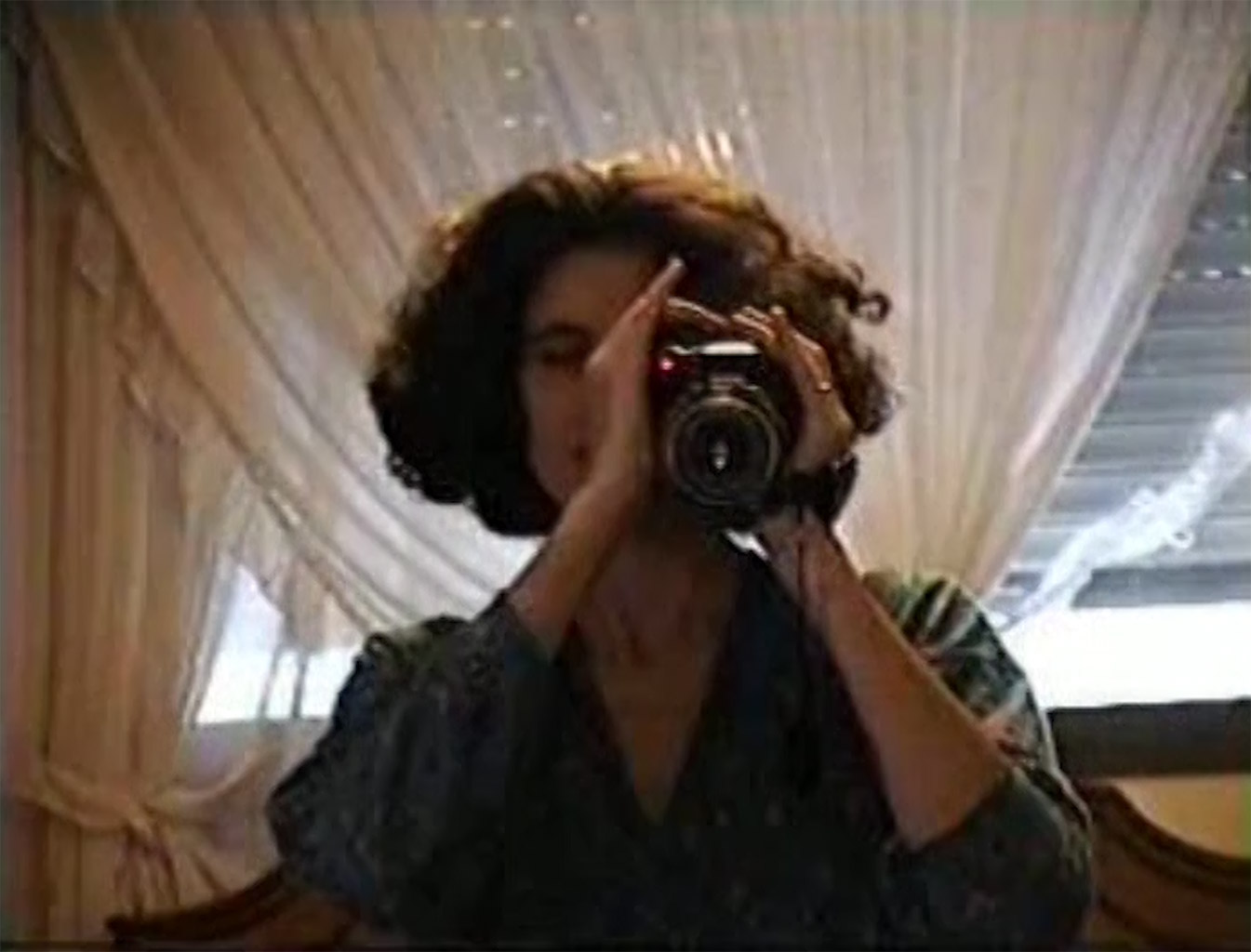
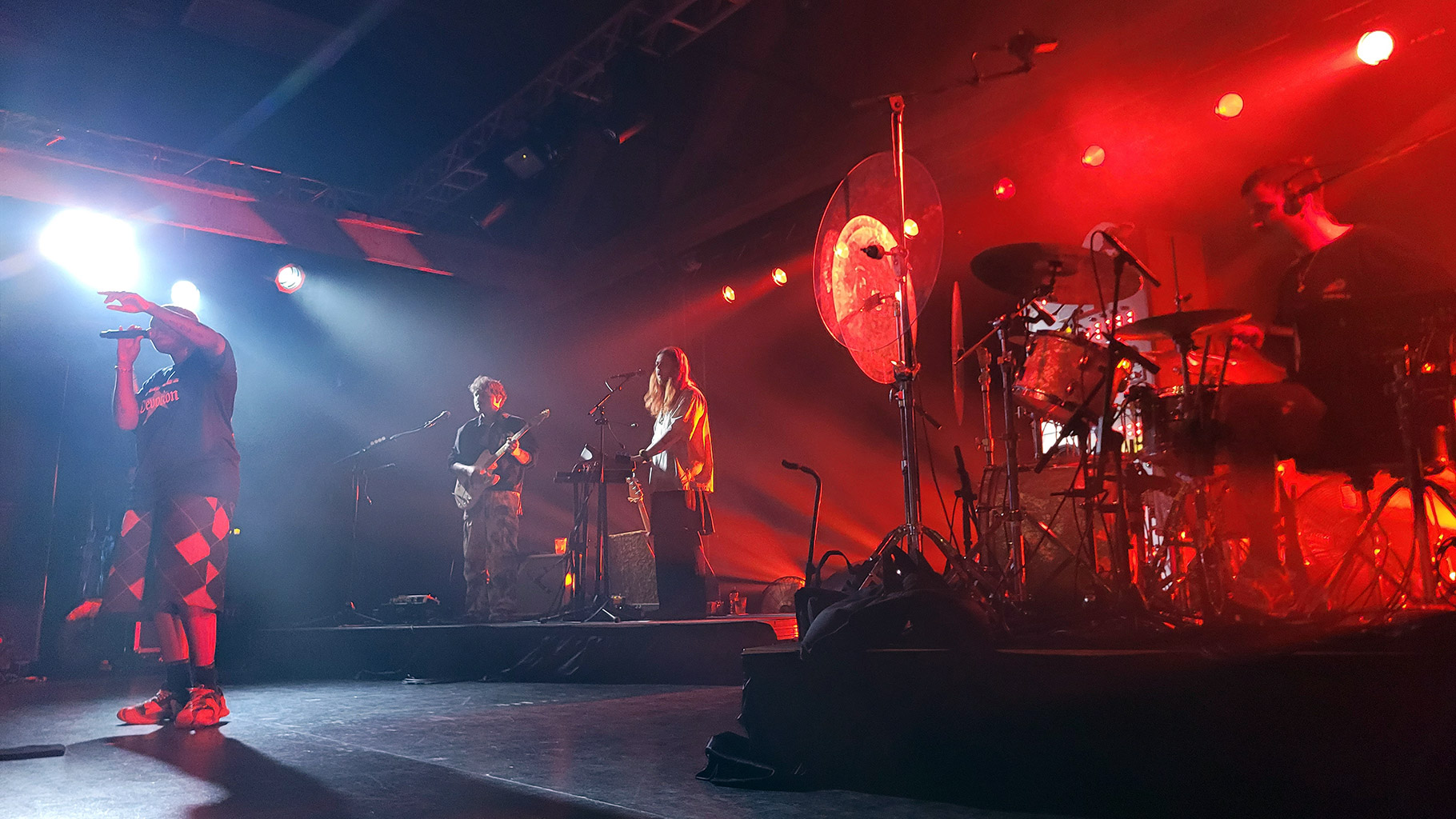
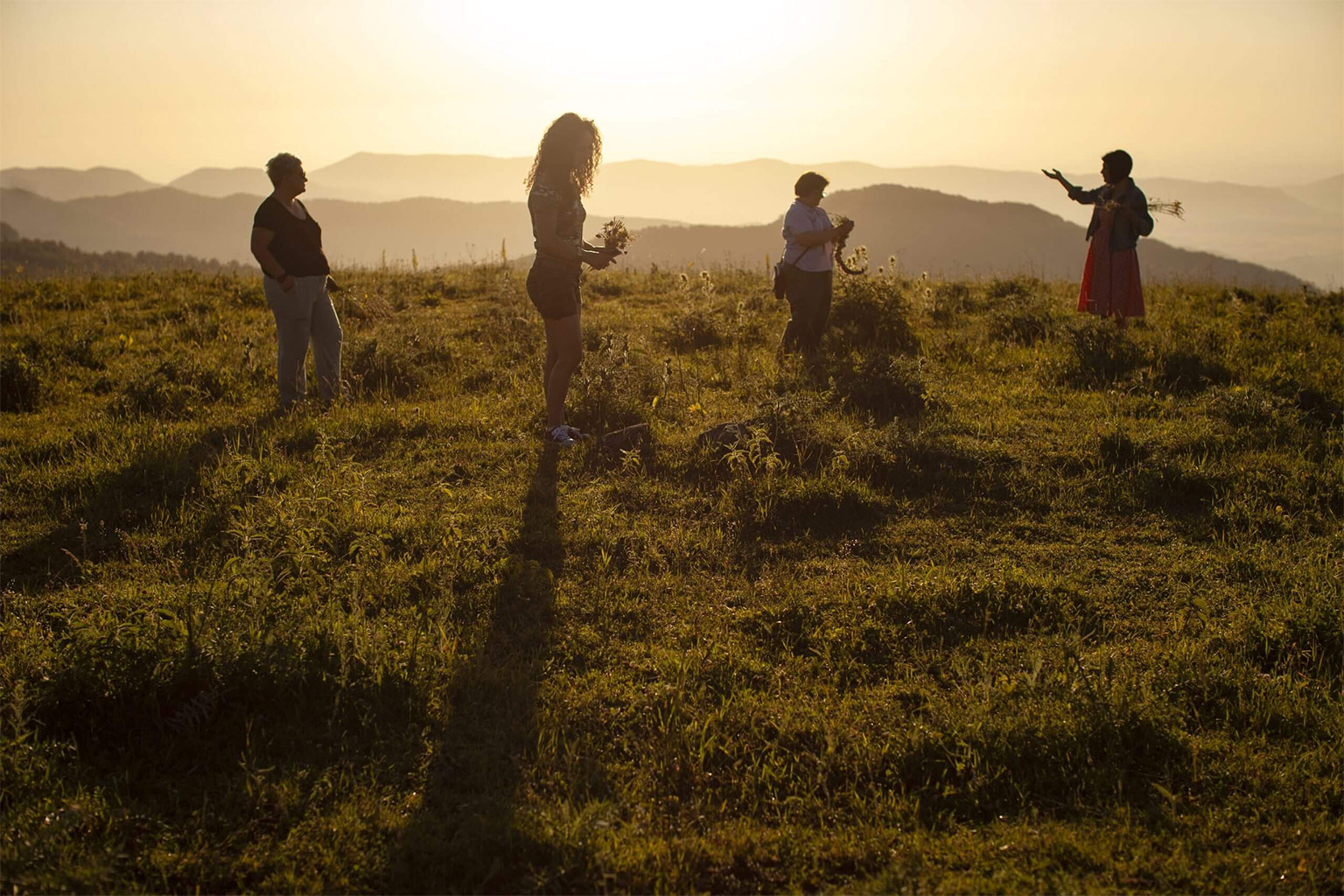
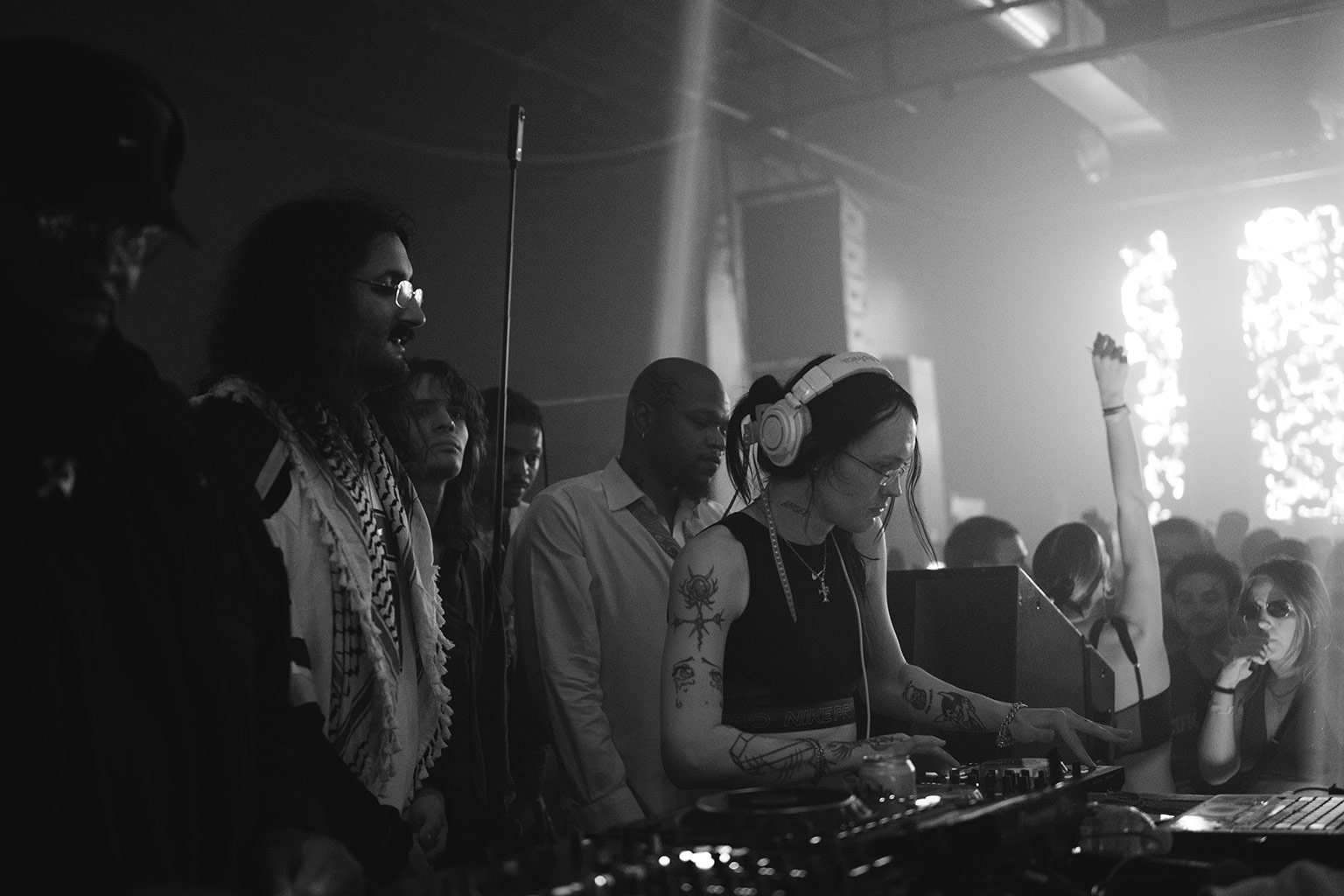
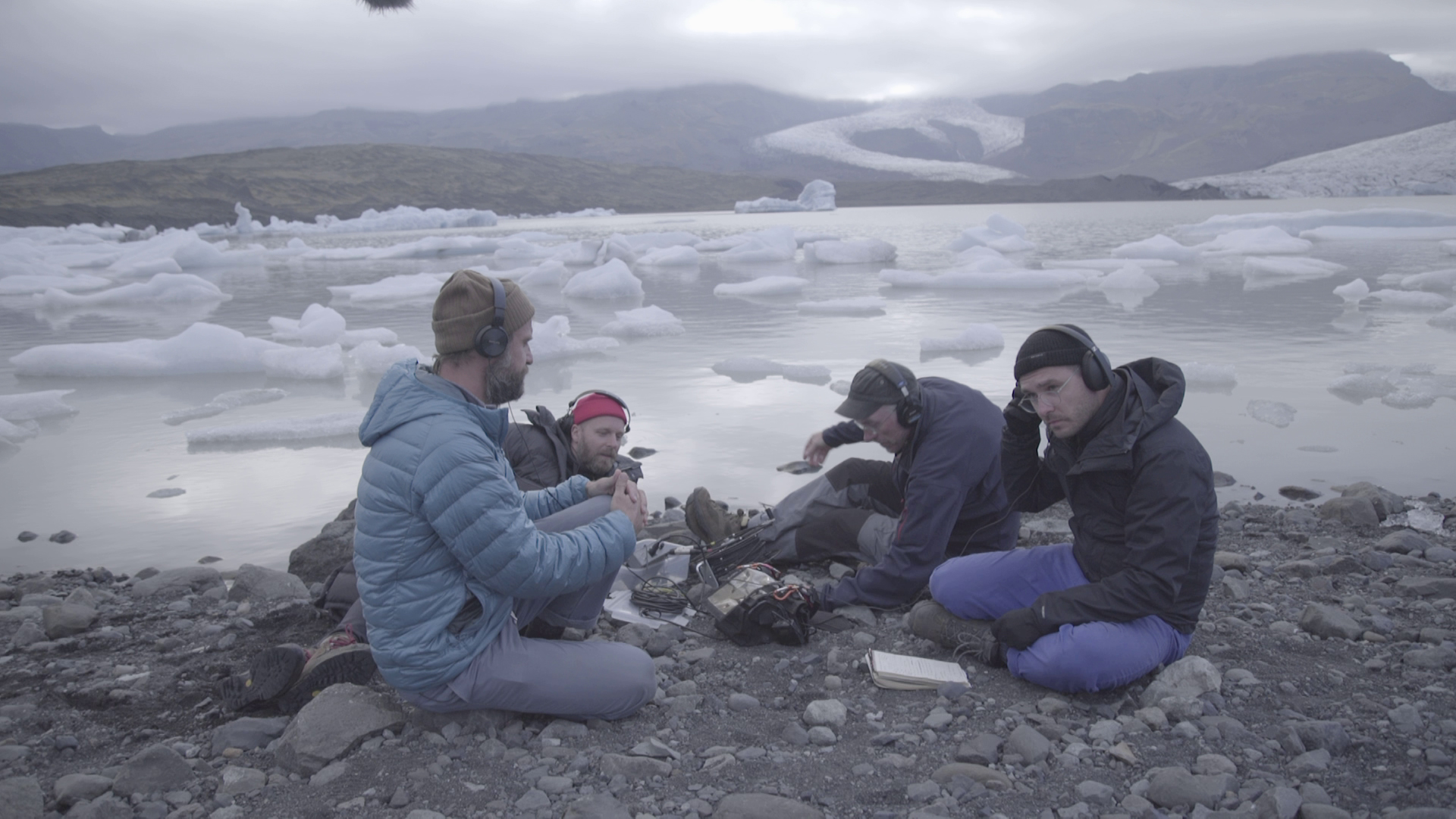
[…] January 18th, we’re joining Reddit and a number of other sites (Redefine Magazine being where I first heard about this) in blacking out our […]
[…] Independent Music, Art, Film Media Against SOPA + PIPA – REDEFINE. […]
[…] letter. So if you have not heard much about SOPA or PIPA, please go check it out the letter on REDEFINE. The website is getting together a list of other music/art websites that are taking a stand against […]
TOTALMENTE EN CONTRA DE ESE ESTUPIDO PROYECTO!! UNION Y FUERZAAA
[…] Link 065: Tiny Mix Tapes: via Comments 066: OFFTEMPO: via Comments 067: REDEFINE Magazine: Announcement Link 068: Lightly Seared On The Reality Grill: Announcement Link 069: Pulpmovies: Announcement Link 070: […]